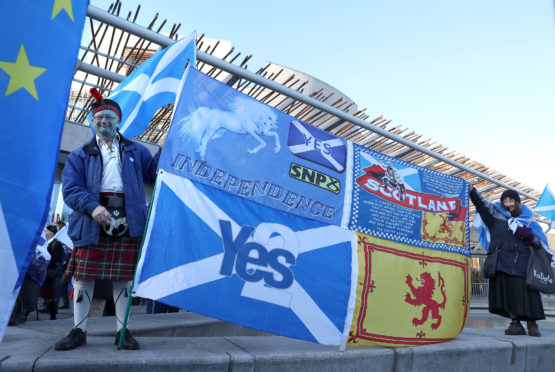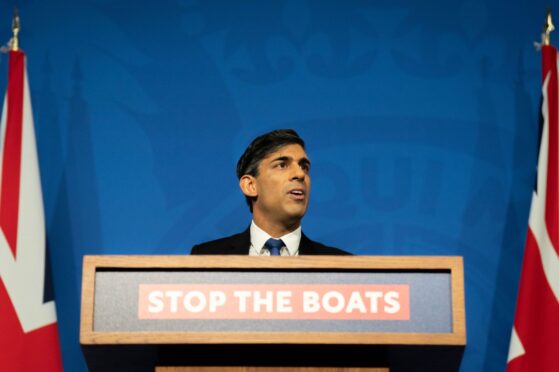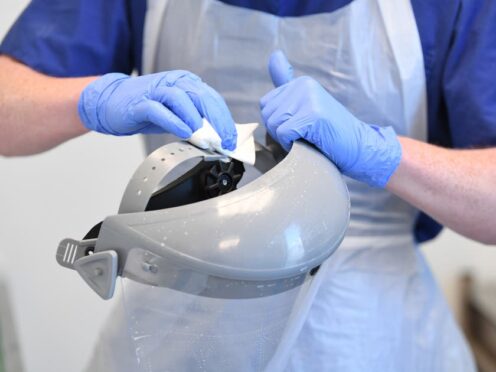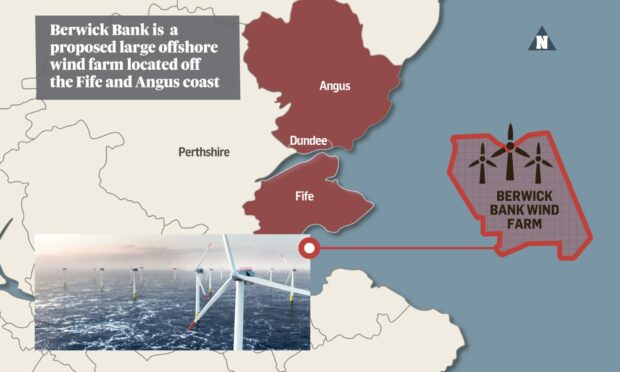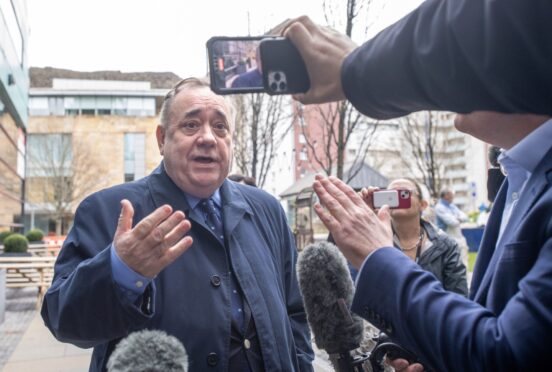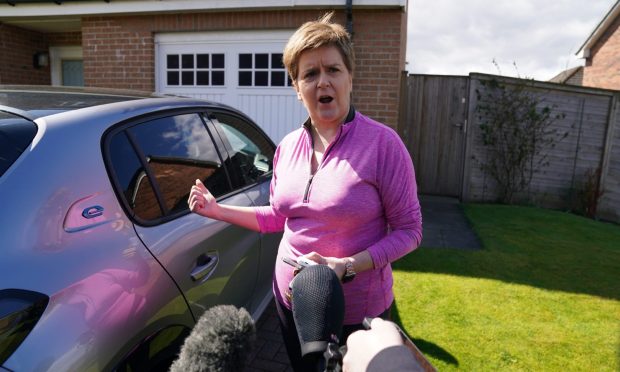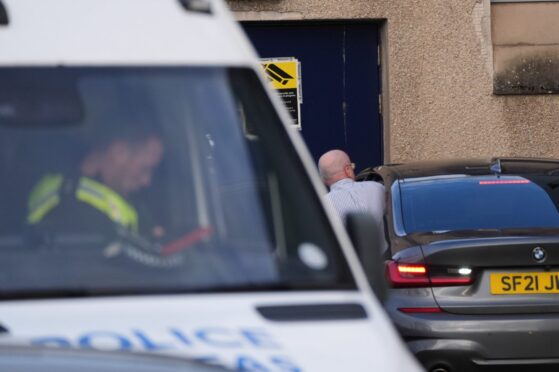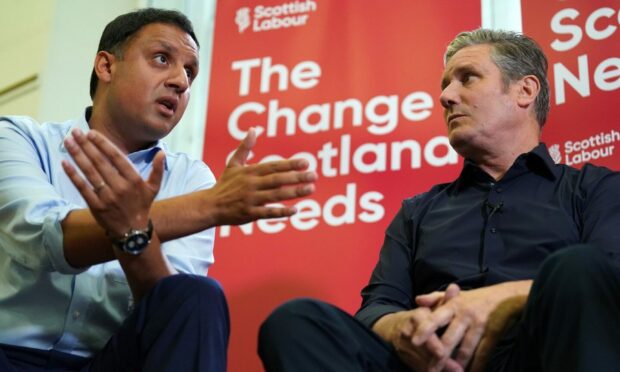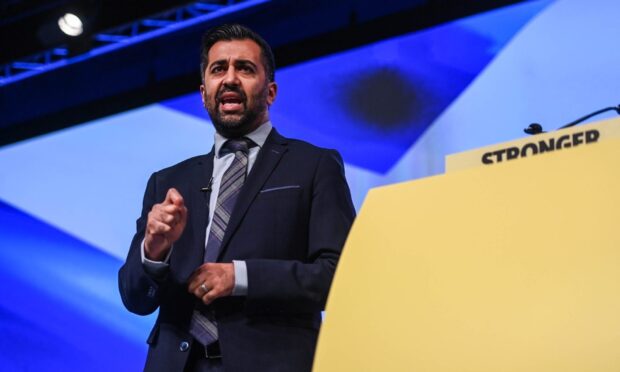The majority of Scots believe the power to hold a second independence referendum should be held by Holyrood over Westminster, according to a poll.
A sample of 1,019 respondents across the country took part in the survey, which was conducted by Survation for polling and pro-independence thinktank Progress Scotland from January 20-22.
It found 61% of those who expressed an opinion believe the Scottish Parliament should ultimately decide on the holding of an independence referendum while 39% believe it should be Westminster.
Progress Scotland managing director Angus Robertson said: “There is a strong majority amongst voters in Scotland that it should be the Scottish Parliament that decides on the future holding of an independence referendum. Last week Boris Johnson declined the request from Nicola Sturgeon for Holyrood to have the powers over such a vote. Scottish public opinion appears to be on the side of the Scottish Government and Parliament.
“Not only is there strong support from SNP and ‘Yes’ voters, but also from a significant minority of Labour and ‘No’ voters.
“Progress Scotland will be doing further polling and research in 2020 on the views of open-minded and undecided voters.
“This is particularly relevant given the Scottish Government mandate to hold a referendum and the approaching UK Brexit date, given that the biggest single factor that has been changing people’s minds on Scottish independence has been Brexit.”
